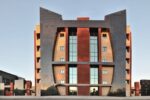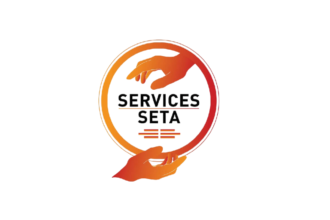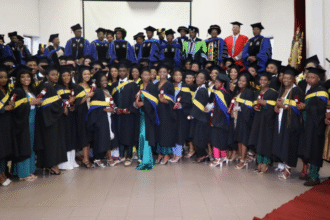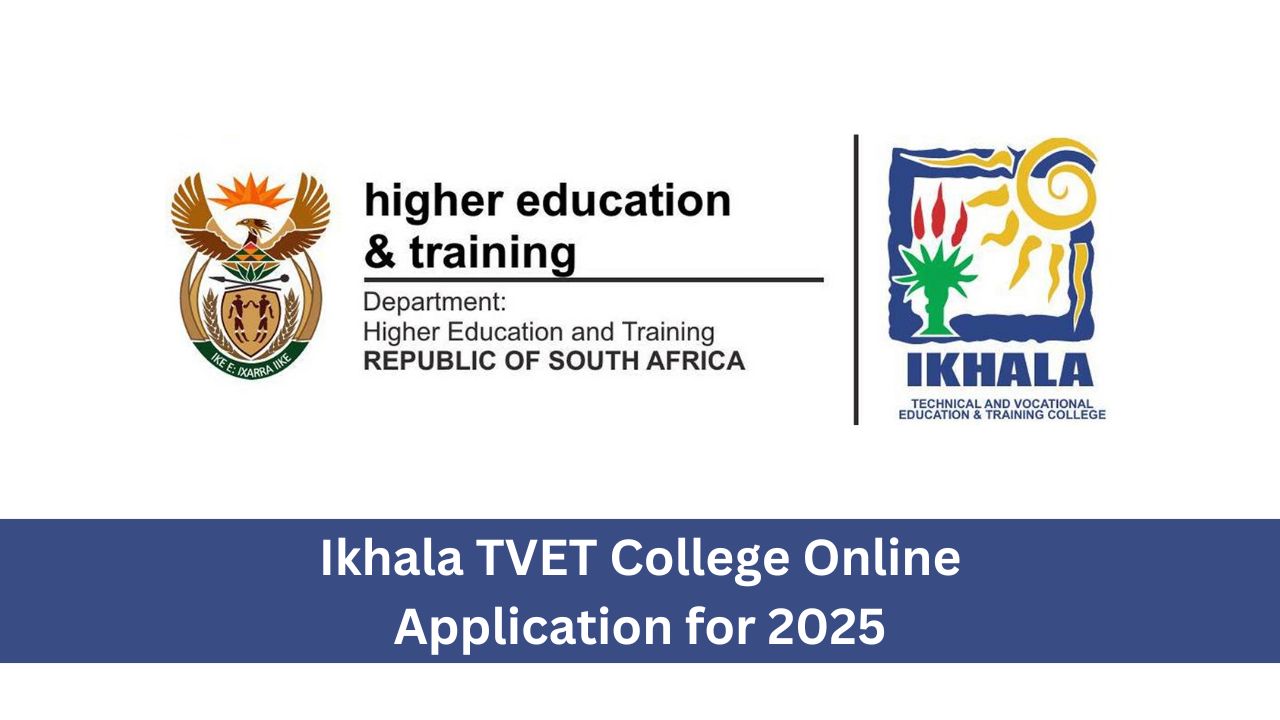Smart Subject Choices in Grade 9 Can Shape Your Future. As Grade 9 learners in South Africa gear up to make subject choices for Grade 10, they are also making one of the most important academic decisions of their lives. According to Darren Purdon, Academic Project Manager at ADvTECH, these decisions have long-term effects on a learner’s Admission Point Score (APS), a critical factor used by South African universities to determine eligibility for various tertiary education programmes.
Why Subject Choices in Grade 9 Matter
When Grade 9 learners choose their subjects for Grade 10–12, they are effectively laying the foundation for their future studies and careers. These subject choices will influence:
- Eligibility for university programmes
- Admission Point Score (APS)
- Career readiness
- Personal motivation and academic success
In a competitive environment where South African public universities can only admit a limited number of students each year, having a high APS score becomes essential for acceptance into sought-after fields like medicine, engineering, commerce, or law.
What Is APS and Why Is It Important?
APS (Admission Point Score) is a scoring system used by South African universities to assess whether a student qualifies for a particular programme. The score is based on the NSC (National Senior Certificate) final exam results from the top six subjects, excluding Life Orientation.
Here’s how APS is generally calculated:
| Percentage Obtained | APS Points |
|---|---|
| 80% – 100% | 7 |
| 70% – 79% | 6 |
| 60% – 69% | 5 |
| 50% – 59% | 4 |
| 40% – 49% | 3 |
| 30% – 39% | 2 |
| 0% – 29% | 1 |
Choosing the right subjects can significantly increase your APS, while poor choices could limit your eligibility for certain university programmes.
How Strategic Subject Choices Can Boost APS
Aligning with Strengths and Interests
According to Darren Purdon, the key is not selecting the “hardest” subjects but the right subjects—those aligned with a learner’s interests, strengths, and career goals. A well-thought-out subject combination increases a student’s chance of scoring higher and achieving the required APS for university admission.
For example:
- A learner scoring 75% in Mathematical Literacy would earn 6 APS points, while scoring 40% in Mathematics only gives 3 points.
- So, for a student who struggles with core Mathematics, Mathematical Literacy could be a smarter option.
This shows how the right choice can dramatically boost APS and open the door to more university and career opportunities.
Debunking Subject Choice Myths
Many South African parents believe that Mathematics and Physical Sciences are the only paths to successful careers. While these subjects are essential for fields like engineering or health sciences, they are not mandatory for all study directions.
Subjects like:
- Business Studies
- Geography
- History
- Tourism
- Mathematical Literacy
can also lead to meaningful and rewarding careers, especially in fields like social sciences, education, business, and the creative industries.
Encouraging learners to play to their strengths rather than chasing high-demand subjects can help them achieve a higher APS, avoid stress, and enjoy better academic outcomes.
Understanding IEB Curriculum Dependencies
For learners following the IEB (Independent Examinations Board) curriculum, it’s important to know that some subjects have dependencies. For instance, Physical Sciences requires core Mathematics.
If a student later switches to Mathematical Literacy in Grade 11, they must drop Physical Sciences, which can disrupt progress and negatively impact APS due to having to adjust to a new subject midstream.
This makes it crucial to plan your Grade 9 subject choices carefully and consider long-term implications.
Using Technology to Make Informed Decisions
ADvTECH schools have implemented AI-supported tools that assist Grade 9 learners in:
- Exploring different career paths
- Making informed subject choices
- Tracking academic performance in key subjects like Mathematics, Physical Sciences, Mathematical Literacy, and English
These tools offer valuable data that helps learners assess their readiness and suitability for their chosen subjects, ensuring that their subject selection is both strategic and realistic.
Life Orientation and Its Role
Although Life Orientation is excluded from APS calculations, that doesn’t mean it’s unimportant. In fact, some specific programmes, particularly in Health Sciences, may require a minimum score in Life Orientation—often around 80%.
Moreover, excelling in Life Orientation helps learners develop soft skills such as:
- Critical thinking
- Resilience
- Emotional intelligence
- Time management
These are key for academic success and adapting to the demands of tertiary education and the working world.
Alternative Pathways and Vocational Training
Not every student aspires to attend a public university, and that’s okay. The good news is that learners with a strong APS still have access to a wide range of vocational and skills-based training programmes. This is especially important given the urgent demand for skilled artisans in South Africa’s:
- Construction industry
- Manufacturing sector
- Plumbing and electrical services
- Welding and mechanical trades
Institutions like The Independent Institute of Education (IIE) offer multiple career-focused qualifications that provide alternate routes to employment and entrepreneurship.
How to Help Learners Make the Right Choice
To ensure that Grade 9 learners make informed, confident, and effective subject choices, parents and schools should:
- Foster open conversations about strengths, interests, and goals
- Avoid pressure and comparison with peers
- Use analytical tools and academic tracking systems
- Explore career counselling services offered by the school
- Research university APS requirements well in advance
Conclusion
Making smart subject choices in Grade 9 is crucial for boosting your APS score and unlocking future academic and career opportunities. Align subjects with your strengths, explore all options, and plan ahead to secure a successful and fulfilling future.










